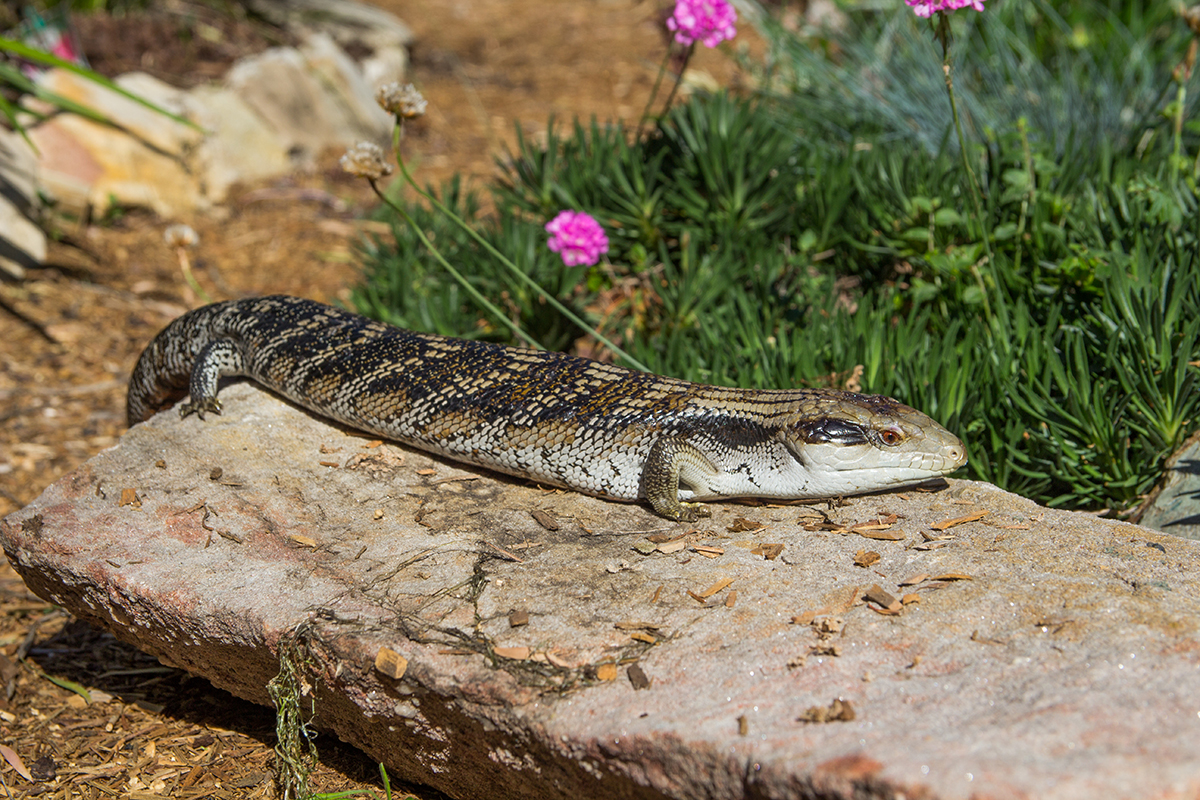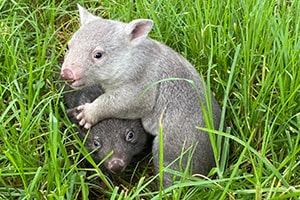Wildlife Friendly Gardens
As valuable habitat for our native wildlife decreases, more and more of our native birds, mammals, reptiles and frogs are moving into urban areas. The problem is that very few of our urban areas provide a suitable habitat for many, if any, of these creatures, so it’s fantastic that many people want to make their gardens and yards wildlife friendly.
Wildlife friendly gardens require as much diversity as possible and the natural environment can be complex to replicate in your yard. Birds and animals use plants for many things including; food, shelter and breeding sites, so plants don’t necessarily have to provide food directly as they may attract insects which in turn provide food for some species.
Below are our top 12 tips for a wildlife friendly garden and yard:
- Plant native trees, ground cover and shrubs. Larger plants should be complemented by ground covers, grasses and small dense shrubs, as dense undergrowth provides protection for small birds and reptiles like blue-tongue lizards.
- Choose plants like eucalyptus and lemon scented gums that provide food for possums as well as providing food for flying-foxes in the form of nectar and pollen.
- Place possum boxes in a safe high place in your yard.
- Place a pond in a sheltered spot to provide water for birds and habitat for frogs.
- Provide large rocks for habitat for lizards.
- Allow mulch to build up as this will decrease the need for water and provide feeding opportunities and nesting material for ground birds and small mammals.
- Grassed areas are attractive for some bird species like magpies and noisy miners.
- Talk to your neighbours about planting to increase habitat in your local area.
- If you use netting & fencing, please only use wildlife safe netting and wildlife safe fencing.
- Don’t use any chemicals and pesticides in your garden. You might only be planning to kill snails but if native animals eat the poisoned snails they can be poisoned as well. Instead please use only safe, natural, non-chemical alternatives for pest control and cleaning e.g. white vinegar and baking soda.
- Providing a simple birdbath in a place that is safe from cats. These need to be cleaned regularly and they should only be shallow, or have twigs inside so that the birds can easily climb out.
- Leave leaf litter in your garden to attract insects and lizards and leave safe dead trees and hollowed limbs of live trees in your garden as nesting sites for birds.
Newsletter
Stay in touch with our regular rescue stories and WIRES updates.


